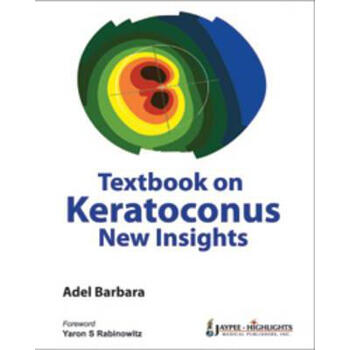
Can You Keep Profits in Funded Trader Programs?
In today’s fast-evolving trading landscape, funded trader programs have become the latest buzz, promising ambitious traders a golden ticket to a bigger stage without risking their own capital. But here’s a question that often pops up—can you really keep the profits you make? It’s a key concern for anyone dipping their toes into prop trading, whether youre into forex, stocks, cryptocurrencies, indices, options, or commodities. Understanding the ins and outs of these programs can make or break your trading career, so let’s break it down.
What Are Funded Trader Programs Anyway?
Imagine getting a golden ticket that grants you access to a trading account with extra buffer—without having to sink your savings into it. That’s what funded trader programs offer. Companies like FTMO, Topstep, or The5ers provide traders with capital on the condition that they follow specific rules and risk management strategies.
The main appeal? You get to trade with someone else’s money, potentially earning a true share of the profits. It can feel like hitting the jackpot—the thrill of the chase with bigger stakes, less personal financial pressure, and the chance to showcase your skills on a larger stage.
Can You Actually Keep the Profits?
This is where things get interesting. While the idea sounds straightforward—trade well, keep the profits—most funded programs operate under specific guidelines. Usually, traders are allowed to keep a percentage of the gains, often around 70-80%, but a few factors influence if those profits stay yours:
The Rules of the Game
Most funded programs have strict rules to keep the game fair and sustainable. These include daily, weekly, and overall profit targets, combined with maximum drawdown limits. Hit a profit target but break the risk rules? Your payout might be canceled or reduced.
When Profits Are Taken Away
Some programs enforce "clawback" policies—meaning if you hit a profit target but violate risk parameters, they might claw back those gains or prevent withdrawal until certain conditions are met. It’s not about being greedy; it’s about protecting both the trader and the funding source.
Profit Sharing and Payout Structures
Typically, once you hit the designated profit goal, the payout is processed—minus fees or commissions. But, the actual percentage you get to keep can vary. For instance, a trader might get to keep 75% of profits, with the platform taking the rest. That can feel fair, especially when you’re trading large sums without risking your own capital.
Real-Life Examples and Insights
Take John, a crypto trader who joined a funded program after losing patience with small account limits. Over several months, John grew his funded account by 30%, hitting the program’s profit targets. When he requested payout, the platform honored the agreement, and he kept a sizable chunk of his gains—proof that, with discipline, profits can indeed be yours in funded trading.
But on the flip side, Anna, a stock and index trader, ran into trouble because she violated daily loss limits during a volatile week. Her gains were wiped out, reminding us that discipline and adherence to platform rules are vital if you’re aiming to keep your profits.
The Broader Industry: Moving Toward a Decentralized Future?
The world of prop trading isnt standing still. Decentralized finance (DeFi) is beginning to challenge traditional models—think smart contracts executing trades automatically or AI-driven risk management. While these innovations hold promise, they also pose challenges like security concerns and regulatory hurdles.
In the coming years, we could see more autonomous trading ecosystems where profits are transparently distributed via blockchain, and traders’ rights are safeguarded through immutable contracts. Concepts like tokenized accounts and automated profit-sharing are already on the radar. But with innovation come questions—will these new models be as reliable or fair as traditional programs?
What’s the Future?
The emergence of AI and machine learning in trading could revolutionize how profits are generated and shared. Imagine AI-driven strategies that adapt in real-time, optimizing trade entries and exits to maximize profits. Funded programs might eventually incorporate these tools, offering traders access to smarter ways to grow their funds and keep profits.
At the same time, as the industry leans toward decentralization, transparency and security become crucial. Trustless systems could help traders retain more—possibly even all—of their profits, provided the technology matures and regulatory frameworks adapt.
Wrapping It Up
The simple truth? Yes, in most funded trader programs, you can keep your profits—if you follow the rules, stay disciplined, and choose the right platform. It’s a game of strategy, risk management, and understanding the fine print. As the industry continues to evolve, with DeFi, AI, and smart contracts shaping the future, the potential to trade across assets like forex, stocks, crypto, and commodities while safeguarding your gains is on the horizon.
Remember: “Trade smarter, not harder—funded trader programs empower your profits, if you play by the rules.” Whether you’re in it for forex volatility or crypto’s unpredictable surge, the promise of funded programs is clear—more capital, more opportunity, and the chance to make profits work for you, not the other way around.


